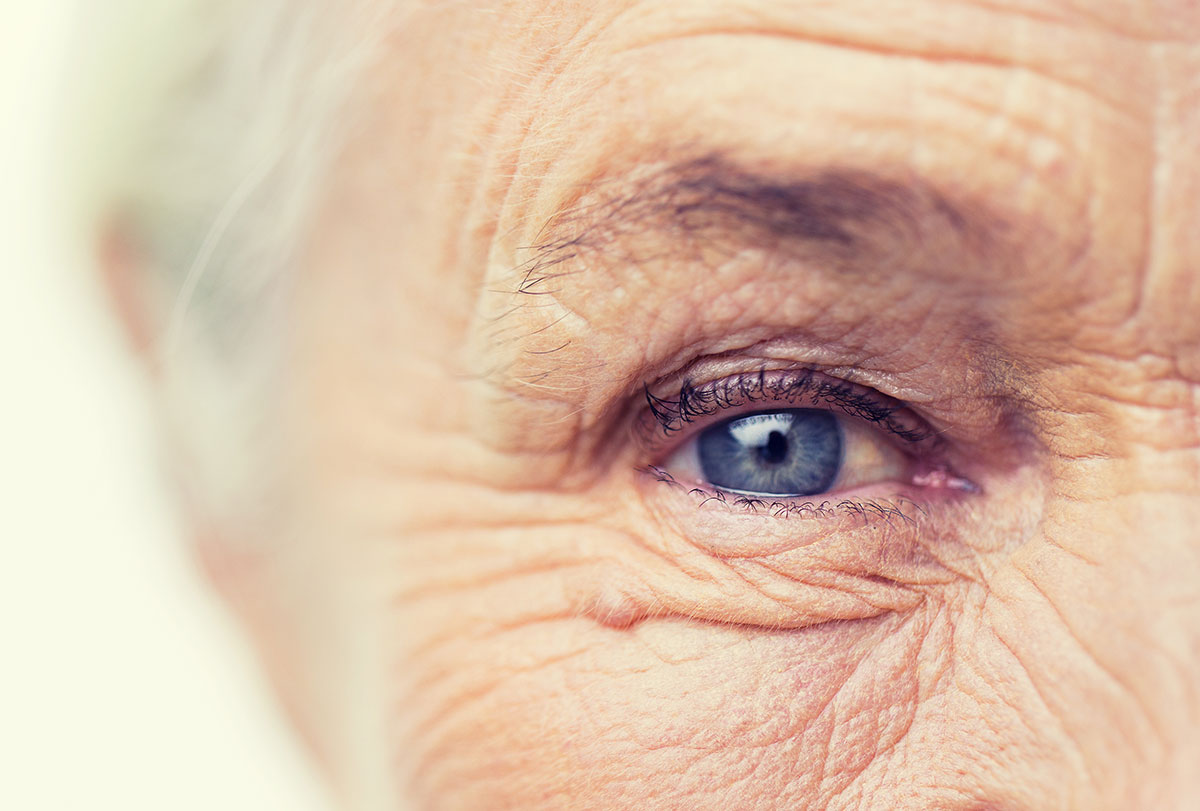The health of our eyes is very important. Over the past 100 years, human life expectancy has increased by about 25 years, according to Statistics Canada. When we know that visual function in humans is at its peak around the age of 15, we understand that 25 more years (an average life expectancy of around 85 years) make all the difference and it is therefore essential to preserve the health of our eyes.
Several diseases can affect the health of your eyes and here are some examples:
At any age
- keratoconus (deformation and thinning of the cornea)
- conjunctivitis (inflammation of the eye)
- stye (infection of the sebaceous glands or eyelashes)
- chalazion (red ball that develops in the thickness of the eyelid)
During the process of aging
- dryness of the eyes
- glaucoma (increased pressure in the eye)
- cataract (clouding of the lens)
- AMD or Macular Degeneration (deprivation of central vision)
Related to other illnesses
- diabetic retinopathy (excess sugar in the blood which weakens the capillary wall)
I will focus here on 2 main eye conditions that intensify after quarantine, cataracts and macular degeneration.
Cataract
Our eye is made up of several parts including the lens which is the natural transparent lens of the eye which converges the light rays towards our retina. Over time, the lens becomes cloudy and therefore becomes less clear, which is why our vision becomes blurred over time.
Macular degeneration
This disease is caused by damage to the macula, which is the center of the retina and is located at the back of the eye. It is composed of photoreceptors which allow the precision of vision. So, macular degeneration is caused by the degeneration of photoreceptors, which gradually leads to the loss of central vision.
How to keep your eyes healthy?
The basic rules apply to your eyes as well: exercise, eat well and quit smoking! Indeed, exercise will reduce your risk of hypertension and diabetes, diet will provide you with vitamin A, C, and E and beta-carotene necessary for the good health of your eyes, and quitting smoking will decrease your risk of suffering eye disease by 7 times.
As well:
- A periodic examination with your optometrist or ophthalmologist
- Eye protection, whether at work with safety glasses or outdoors with sunglasses
- Regular eye hydration with eye lubricants
Vitamins in all of this…
As mentioned earlier, vitamins are necessary for good eye health, so it’s important to eat well, but should you be taking specialized supplements? Various studies and especially, the studies ARES and ARESII financed by the American government, decided on this subject and it is clear that the antioxidant effect of the vitamins is sought in order to decrease the cellular damage caused by the free radicals produced by the absorption light in your eye. The effect of vitamins on the human body will vary from person to person depending on your level of absorption and your personal condition. For eye health, the most important nutrient would be lutein: the yellow pigment in fruits and vegetables. The best food sources are egg yolks and corn (eaten with a source of fat, this improves adsorption).
Speak to your healthcare professional and they can make the recommendations necessary for your condition.
Philippe Leng, pharmacist owner






